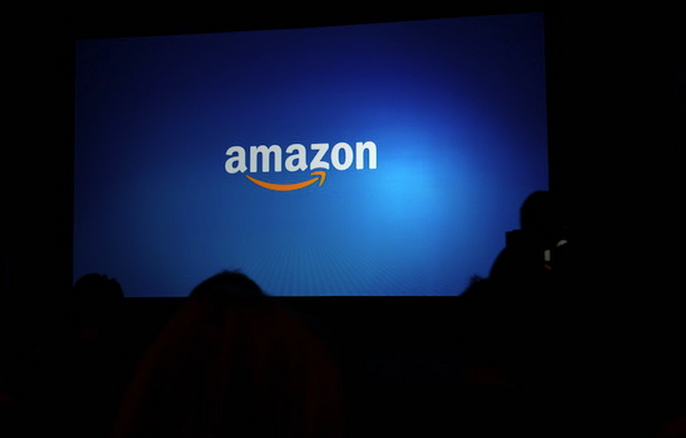
Despite a record number of proposals, the ultimate outcome was the same at Amazon’s annual meeting today.
Investors representing a majority of Amazon’s shares voted against all 18 outside proposals submitted for the annual meeting of shareholders Wednesday morning, according to the company.
The announcement of the preliminary results at the virtual meeting followed 45 minutes of comments by proponents including Amazon employees, labor leaders, activists, and others on issues such as climate, workers’ rights, racial and gender equity, corporate governance, compensation, and product moderation.
Detailed results are typically released a few days after the meeting, sometimes revealing notable trends in the underlying voting patterns.
The meeting comes in advance of a potential walkout by Amazon headquarters workers next week over issues including climate and the company’s return-to-work mandate.
Labor issues at the forefront: Signs of dissatisfaction in Amazon’s workforce were evident throughout the meeting as warehouse workers and labor leaders took part in the presentation of proposals.
Speakers included Chris Smalls, president and founder of the Amazon Labor Union, who called on Amazon to “come to the table and do the right thing by its workers” more than a year after a successful union vote at the company’s Staten Island warehouse.
Smalls spoke in support of a resolution that called for a report scrutinizing Amazon’s commitment to workers’ rights to bargain collectively and associate freely.
“Despite Amazon’s public commitment, Amazon workers have accused the company of conduct that violates both [International Labour Organization] conventions and national law protecting freedom of association and collective bargaining rights,” Smalls said. “Many workers experience Amazon’s anti-union tactics including intimidation, retaliation, and division every day.”
He said Amazon spent more than $14.2 million of shareholders’ money “battling its workers who just want to exercise their fundamental rights to form a union.”
Amazon’s 11-member board, which was re-elected as part of the meeting, had recommended that shareholders vote against all 18 outside proposals.
On this proposal, the board cited a prior report on Amazon’s policies and practices related to workers’ freedom of association and collective bargaining rights.
“A careful review of the facts regarding our workplace employee relations shows a different situation than suggested by this proposal and its supporting statement,” the board said in Amazon’s proxy statement.
The board added that unions “met the minimum showing of support required for the National Labor Relations Board (“NLRB”) to schedule a representation vote at only four—a tiny fraction—of our U.S. locations. Less than 0.4% of our total U.S. workforce has voted in favor of union representation.”
Amazon sticks with virtual format: The annual meeting, which previously drew protesters to Seattle’s Fremont neighborhood, has been held virtually since the onset of the pandemic.
During the Q&A portion of the meeting, questions submitted by shareholders for Amazon CEO Andy Jassy were read by a member of Amazon’s public relations team. Selected questions focused on topics including Amazon’s fulfillment and delivery speeds, the company’s plans in generative AI, the Project Kuiper satellite broadband initiative, and its foray into healthcare and related technologies.
Jassy became CEO two years ago, succeeding Amazon founder Jeff Bezos. At the time, Amazon added a new leadership principle aspiring to be “Earth’s Best Employer.”
At the outset of his comments, Jassy thanked the company’s 1.4 million employees, expressing pride in their work and their efforts to protect the environment. He was not asked about and did not address any of the specific labor issues raised during the meeting.



